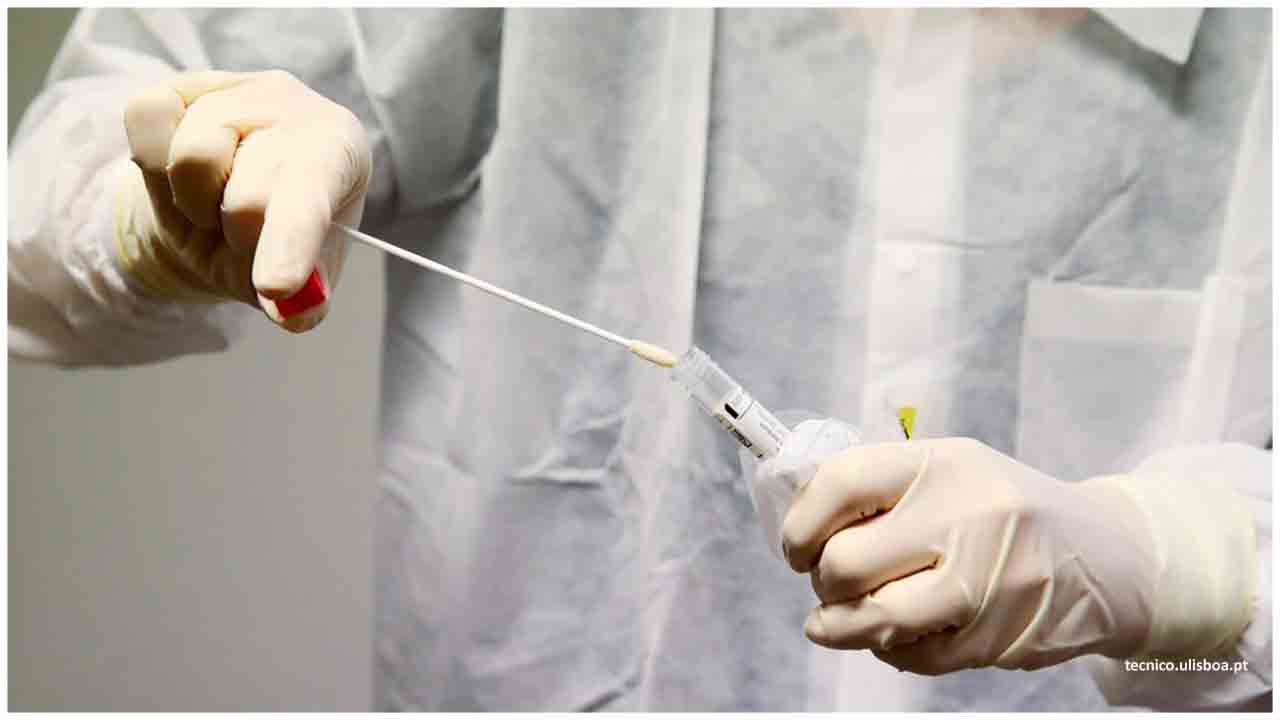The record highest single-day recoveries at 56,110 registered in the last 24 hours are the result of the successful implementation of effective containment strategy, aggressive and comprehensive testing coupled with the standardized clinical management of the critical patients based on holistic Standard of Care approach.
The coordinated efforts of the Centre and State/UT governments have resulted in continuously increasing average daily recoveries. In the first week of July, the daily average recovered cases were at 15000 which jumped to more than 50000 in the first week of August.
With more patients recovering and being discharged from hospitals and home isolation (in case of mild and moderate cases), the total recoveries have crossed the 16 lakh mark to 16,39,599. The Recovery Rate has reached another high of 70.38%.
The actual caseload of the country is the active cases (6,43,948) which is only 27.64% of the total positive cases. They are under active medical supervision. With a consistent and sustained increase in recoveries, the gap between recovered patients and active COVID-19 cases has reached nearly 10 lakh.
Focus on improved and effective clinical treatment in hospitals, use of non-invasive, improved and coordinated services of the ambulances for ferrying patients for prompt and timely treatment have resulted in seamless efficient patient management of COVID-19 patients. As a result, the Case Fatality Rate (CFR) has been low when compared to the global average. It is currently standing at 1.98%.
India's TEST, TRACK, TREAT strategy has achieved another peak with 7,33,449 tests done in the last 24 hours. This has taken the cumulative tests to more than 2.6 crores. The TPM has jumped to 18,852.
The graded and evolving response has resulted in a testing strategy that steadily widened the testing net in the country. To keep up with this strategy, the testing lab network in the country is continuously strengthened which as of today consists of 1421 labs in the country; 944 labs in the government sector and 477 private labs. These include:
• Real-Time RT PCR based testing labs: 724 (Govt: 431 + Private: 293)
• TrueNat based testing labs: 584 (Govt: 481 + Private: 103)
• CBNAAT based testing labs: 113 (Govt: 32 + Private: 81)
Meanwhile, National Expert Group on Vaccine Administration for COVID-19 met for the first time on today deliberates on a strategy to ensure COVID-19 vaccines’ availability and its delivery mechanism. The meeting was chaired by Dr V K Paul, Member Niti Aayog along with Secretary (Ministry of Health and Family Welfare) as co-Chair.
The expert group deliberated on conceptualization and implementation mechanisms for the creation of a digital infrastructure for inventory management and delivery mechanism of the vaccine including tracking of vaccination process with particular focus on last mile delivery. They discussed on broad parameters guiding the selection of COVID-19 vaccine candidates for the country and sought inputs from Standing Technical Sub-Committee of National Technical Advisory Group on Immunization (NTAGI). The group delved on the procurement mechanisms for the COVID-19 vaccine, including both indigenous and international manufacturing along with guiding principles for prioritization of population groups for vaccination.
The expert group discussed the financial resources required for the procurement of the COVID-19 vaccine and various options of financing the same. Available options in terms of delivery platforms, cold chain and associated infrastructure for rollout of COVID-19 vaccination were also taken up. Further, strategy and follow-up action on all possible scenarios to ensure equitable and transparent delivery of vaccine was deliberated upon. Issues related to vaccine safety and surveillance were taken up and strategy for community involvement through transparent information and awareness creation were discussed.
India’s support to its key neighbors and development partner countries for COVID-19 vaccines was deliberated upon. The expert group discussed that India will leverage domestic vaccine manufacturing capacity and will also engage with all international players for the early delivery of vaccines not only in India but also in low and middle-income countries.

 India recovery rate keeps on improving as government plan for even distribution of the vaccine
India recovery rate keeps on improving as government plan for even distribution of the vaccine










.jpeg)

.jpeg)
.jpeg)

.jpeg)


.jpeg)



.jpeg)
.jpeg)
.jpeg)


.jpg)


.jpeg)
.jpeg)